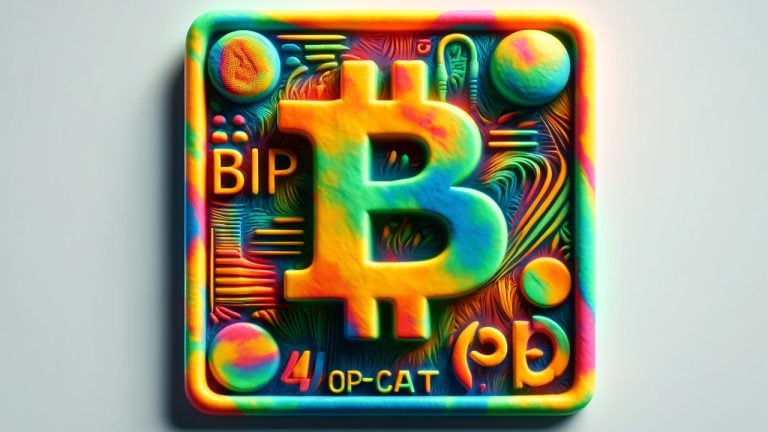
Democratic candidates in Texas and Alabama both won their primary races after receiving a combined $3.7 million in financial support from the Protect Progress Super PAC.
A political action committee (PAC) used $3.7 million toward Democratic candidates in Alabama and Texas for the race to win seats in the United States House of Representatives starting in 2025.
In an April 16 runoff between Democratic candidates to represent Alabama’s 2nd Congressional District, Shomari Figures defeated Anthony Daniels with roughly 61% of the vote. Figures is expected to face off against Republican Caroleene Dobson in the general election, scheduled for Nov. 5.
According to data from the Federal Election Commission (FEC), the Protect Progress Super PAC used roughly $1.7 million from donations, including Coinbase and Ripple Labs, to support Figures’ bid for office between July 2023 and February 2024. A Protect Progress spokesperson told Cointelegraph that an additional $950,000 was reported after February, with the funds used to purchase advertisements supporting Figures and polling.
















